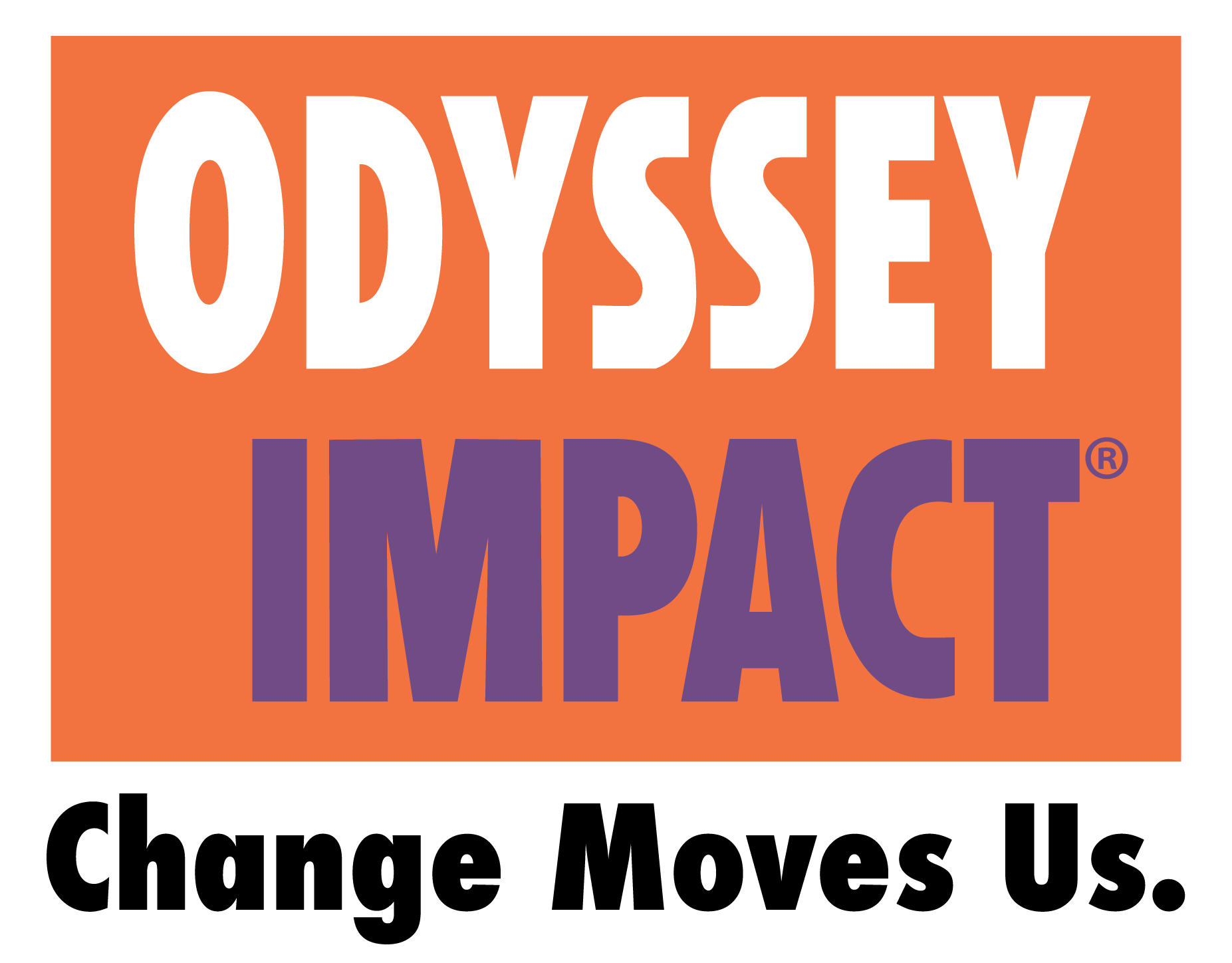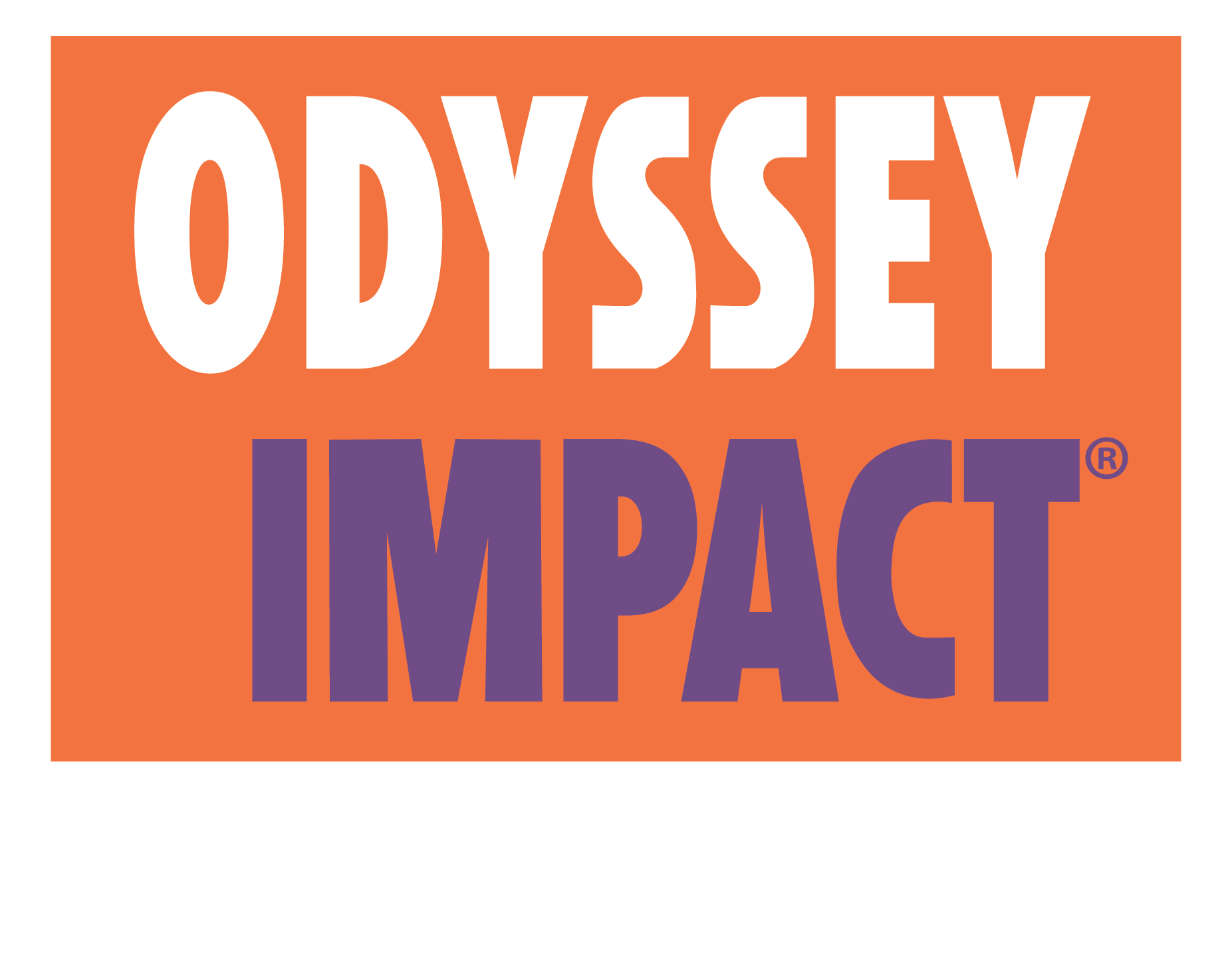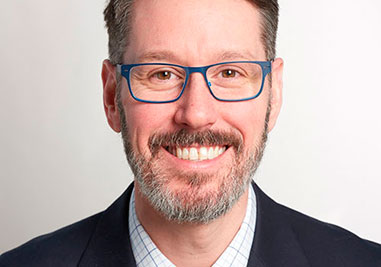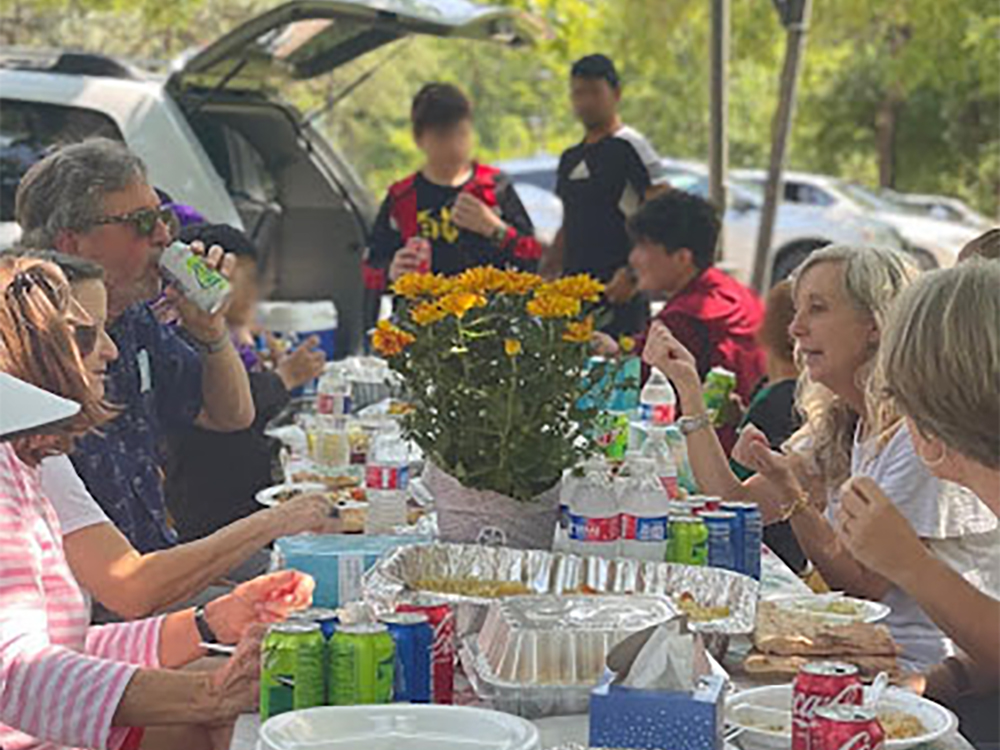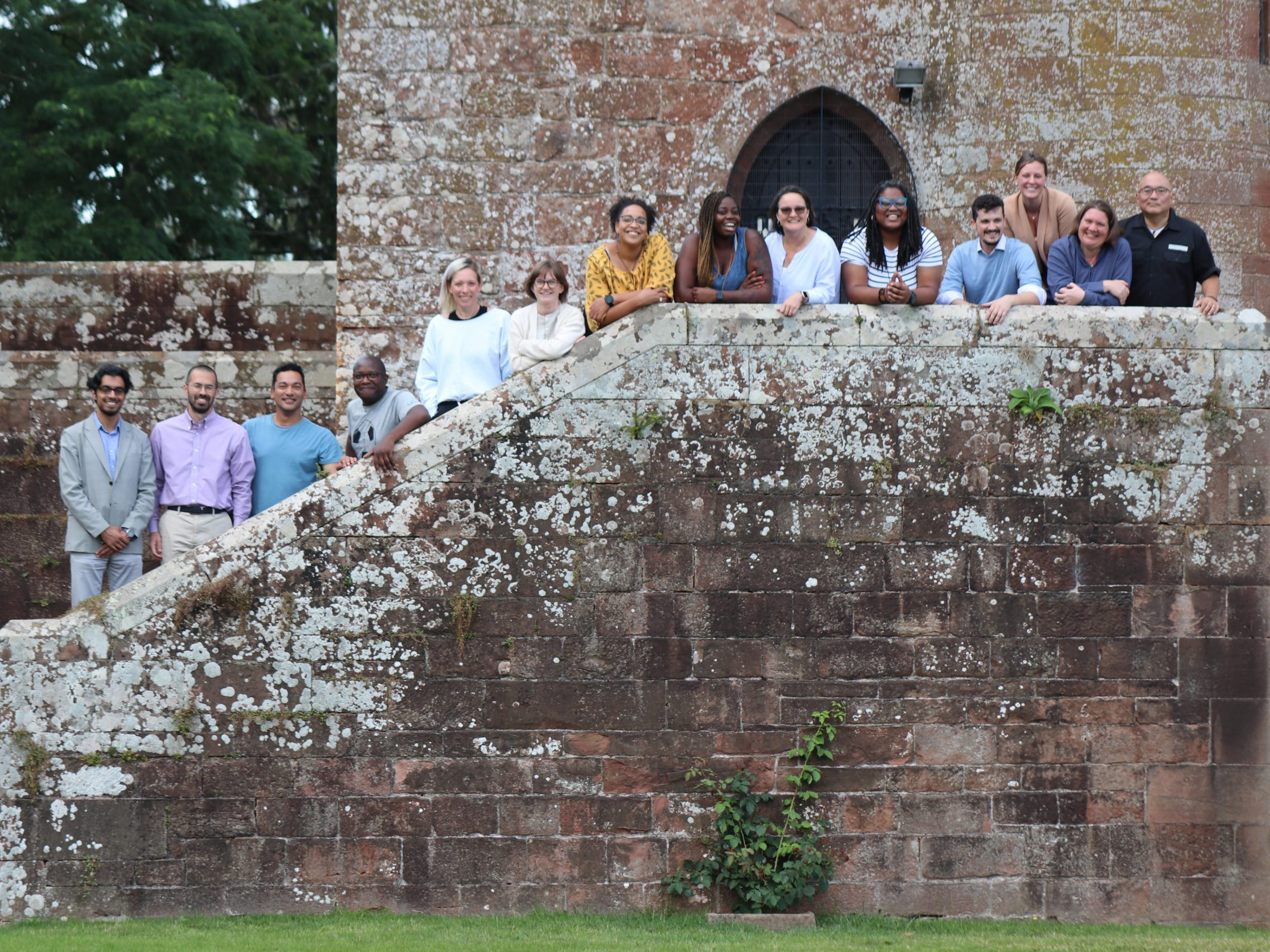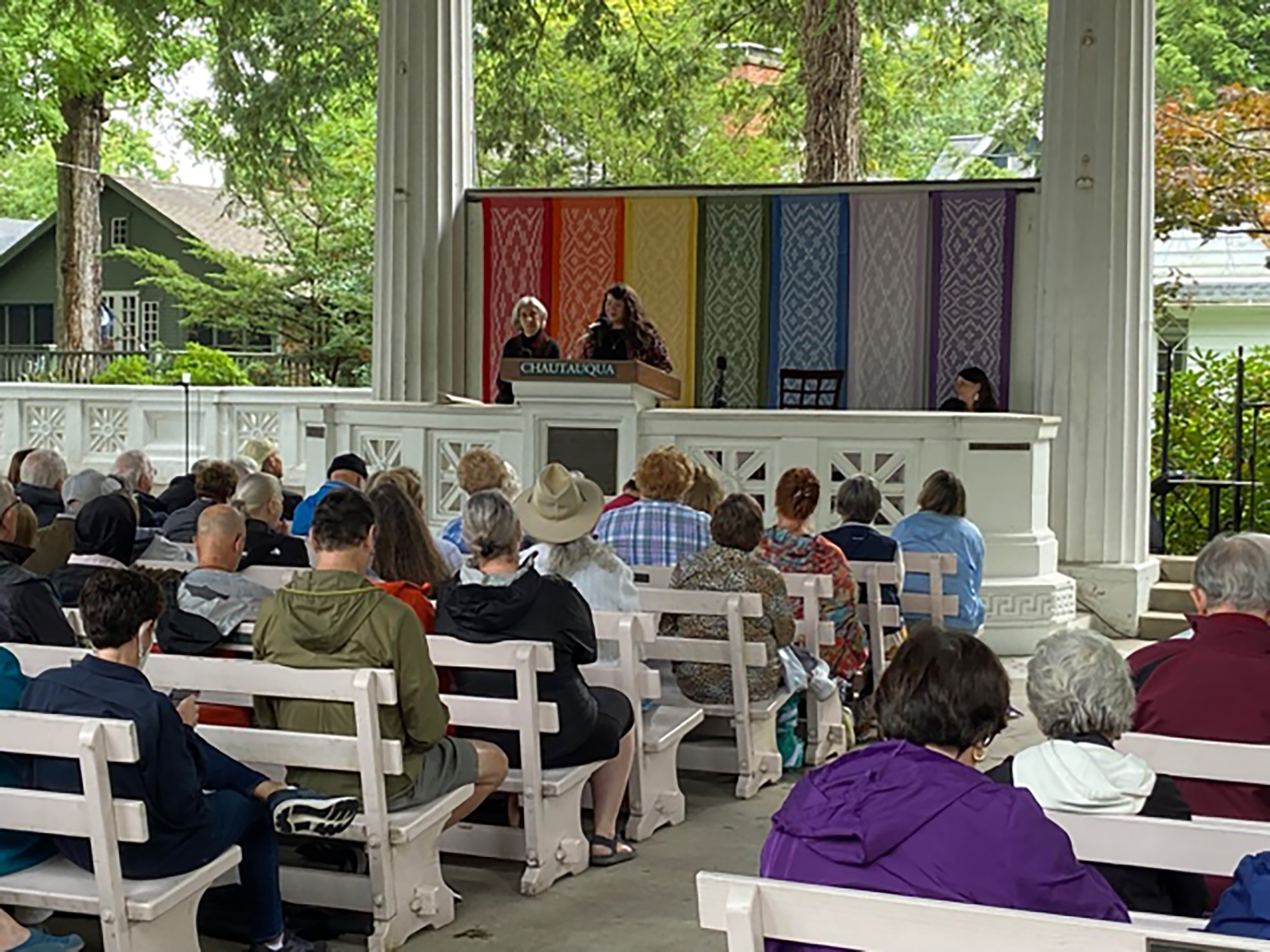[vc_row css_animation=”” row_type=”row” use_row_as_full_screen_section=”no” type=”full_width” angled_section=”no” text_align=”left” background_image_as_pattern=”without_pattern”][vc_column][vc_column_text]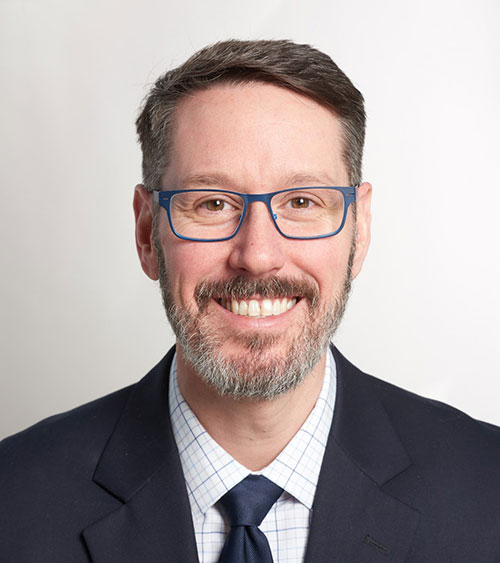 None of us who went to work for health care organizations – which is 16 million people, or 11% of the U.S. workforce – knew that we would become the frontline in a war against this new enemy, #COVID-19. Public officials around the world are comparing the fight against this pandemic to WWII. Take that in for a second: health care workers have unwittingly been drafted to fight a war.
None of us who went to work for health care organizations – which is 16 million people, or 11% of the U.S. workforce – knew that we would become the frontline in a war against this new enemy, #COVID-19. Public officials around the world are comparing the fight against this pandemic to WWII. Take that in for a second: health care workers have unwittingly been drafted to fight a war.
Many of us are gung ho with shouts of “Hell yeah! This is why I became a health care worker.” Many of us are scared and saying, “I didn’t sign up for this.” And all of us toggle back and forth between those thoughts daily. We are now being called upon to save our country, and we are still trying to wrap our minds around this new reality: we have been drafted to fight a war.
What does that mean for our families? They are in the midst of resolving the cognitive dissonance of their loved ones risking their lives in a war against invisible enemies who surround us on every side. Danger lurks everywhere, and the army of health care workers is getting up every morning and running into battle.
My sister-in-law is a nurse practitioner in an outpatient setting. Yesterday, I learned that she may be sent to serve in an inpatient setting, and have to stay in a hotel away from her family for an extended time. My brother-in-law may have to stay home to take care of their two brilliant and beautiful little girls (which he loves to do under ordinary circumstances anyway). These kinds of sudden shifts to our realities do indeed make life right now seem eerily similar to WWII.
One difference with this new war is how the gender roles have changed. Nearly 80% of health care workers are women, making this new military force mostly female. That difference has the potential to reshape society in many ways as family members support the war efforts by taking on new or different roles for extended periods of time.
What does all this mean? I, for one, am confident in our new military force. American health care workers are incredible. Under ordinary circumstances, they do extraordinary things like cure illness and save lives. Despite their understandable fears in the face of all that is unknown right now, they will rise to the occasion and defeat this enemy.
How can you help?
#Prayer
Pray for them. No matter what your religion or spirituality, health care workers need and want your thoughts and prayers. Pray for them every day.
#Patience
Be patient and gracious when they are grumpy. They are under a lot of stress right now and need your forgiveness when they snap at you.
#Play
@amystrano#########♬ Sunday Best x Dont Start Now – goalsounds
Be playful and do fun things that show support like make a TikTok video. Here is one I highly recommend from my step-daughter (isn’t she adorable?).
The Rev. David Fleenor, BCC, ACPE
ACPE Certified Educator
Director of Education for the Center for Spirituality and Health
at the Center for Spirituality and Health at Mount Sinai in New York, NY[/vc_column_text][vc_single_image image=”28420″ img_size=”full” alignment=”center” onclick=”custom_link” qode_css_animation=”” link=”https://odyssey-impact.org/impact-resources/” css=”.vc_custom_1585693972154{margin-top: 30px !important;}”][/vc_column][/vc_row]
